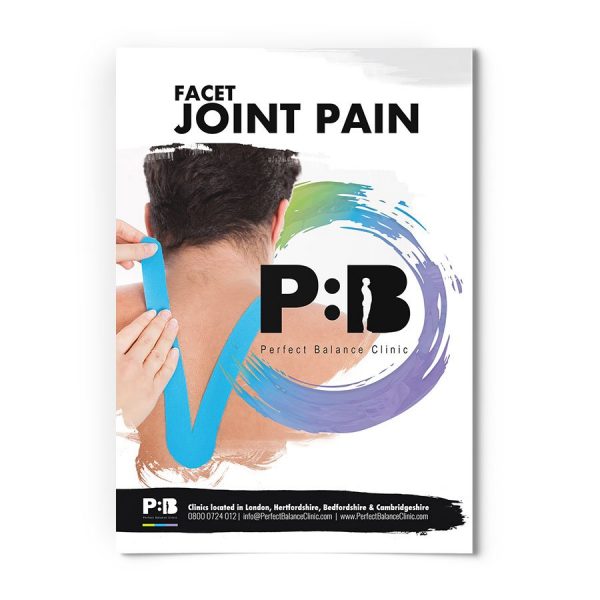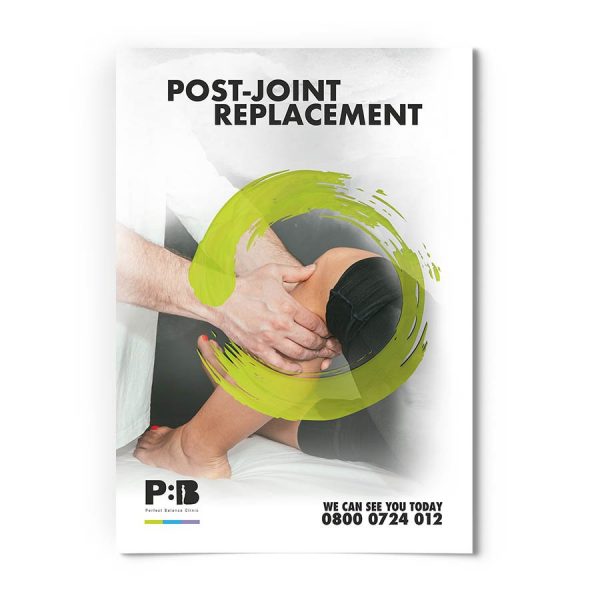Often, we encounter the question, “What is hydrotherapy?” in our physiotherapy department. Derived from the Greek words ‘Hydro,’ meaning water, and ‘Therapia,’ meaning healing, hydrotherapy is a powerful modality that aids recovery, particularly post-surgery.
Key Facts on Hydrotherapy
Hydrotherapy offers a multitude of benefits:
- Muscle Relaxation: It helps alleviate muscle spasms and tightness, providing relief to strained muscles.
- Pain Relief: The warmth of the water (typically around 34°C) supports pain relief, creating a soothing environment for the body.
- Strength and Endurance: The resistance provided by water aids in muscle strength and endurance, acting as a natural form of resistance training.
- Improved Balance and Stability: Hydrotherapy can enhance balance and stability, crucial for preventing falls and injuries.
- Enjoyment: It’s not just therapeutic, but also enjoyable! The experience of being in water can be calming and relaxing.
- Reduced Swelling: The hydrostatic pressure of water aids in reducing swelling, making it beneficial for post-surgery recovery.
- Improved Fitness: It helps with the improvement of general fitness, providing a full-body workout.
- Joint Mobilisation: Hydrotherapy aids in joint mobilisation, improving flexibility and range of motion.
- Accessibility: Patients do not need to be able to swim to benefit from hydrotherapy. Even non-swimmers can safely participate under professional supervision.
Case Study: The Impact of Hydrotherapy on Cerebral Palsy
Let’s consider the case of Phillip, who has spastic diplegia cerebral palsy and severe learning difficulties. His lower limbs are affected, confining him to a wheelchair. He also has thoracic scoliosis and has had a full spinal rod fitted to prevent further movement that could cause discomfort and affect his vital organs.
Hydrotherapy is particularly beneficial for Phillip. His condition causes abnormally high muscle tone in his lower extremities, leading to difficulty with voluntary and passive movements, pain, and muscle spasms. Phillip has undergone a right proximal femoral excision after his body rejected a hip replacement. His right hamstrings have been cut to aid with range of motion and comfort, while his left hamstrings have become very hypertonic (tight), causing discomfort.
After four sessions in the hydrotherapy pool, Phillip has experienced significant benefits. His hypertonic muscles have eased off, reducing his discomfort. The warm water and buoyancy have improved his circulation, which is crucial as he spends most of his time in his wheelchair and is unable to reposition himself. Phillip thoroughly enjoys his hydrotherapy sessions, gaining a fantastic therapeutic effect.
How Hydrotherapy Can Help
Hydrotherapy can aid in the treatment of various conditions, including:
- Whiplash and neck pain
- Back pain and sciatica
- Sports injuries
- Fibromyalgia
- Neurological conditions such as Parkinson’s disease, multiple sclerosis, and stroke
- Cerebral palsy
- Osteoarthritis and rheumatoid arthritis
- Back and pelvic pain during pregnancy
- Ankylosing spondylosis
- Hemiplegia
- Rehabilitation post-joint replacement, or tendon/ligament repairs
- Conditions like low back pain, haemorrhoids, menstrual cramps, and more.
To conclude, hydrotherapy presents itself as a versatile and adaptable therapeutic approach, amenable to customization in order to address the specific needs of each patient. It serves as a low-risk adjunct to other treatments, offering additional support when conventional methods fall short in alleviating symptoms. However, it is essential to consult with a healthcare professional prior to initiating hydrotherapy to ensure that it is a safe and sensible choice for your well-being.
Hydrotherapy: A Path to Healing and Recovery
Originating from ancient healing practices, hydrotherapy has undergone a transformation into a scientifically-supported therapeutic approach. Its advantages are diverse, ranging from muscle relaxation to enhanced overall fitness, rendering it an invaluable asset for physiotherapists globally. Whether you’re recuperating from an injury, managing a persistent condition, or striving to enhance your overall fitness, hydrotherapy might hold the answer to unlocking a healthier and more comfortable lifestyle.
Remember, while hydrotherapy can be a powerful tool, it’s essential to consult with a healthcare provider before starting any new treatment regimen. With their guidance, you can safely explore the healing power of water and potentially find a new path to wellness.
For more information about Hydrotherapy
This article was written by our team of specialist therapists at Perfect Balance Clinic. If you would like more specific advice about how our team can help you with this condition or symptoms you may be having, please complete the contact form below and one of the team will get back to you shortly.








